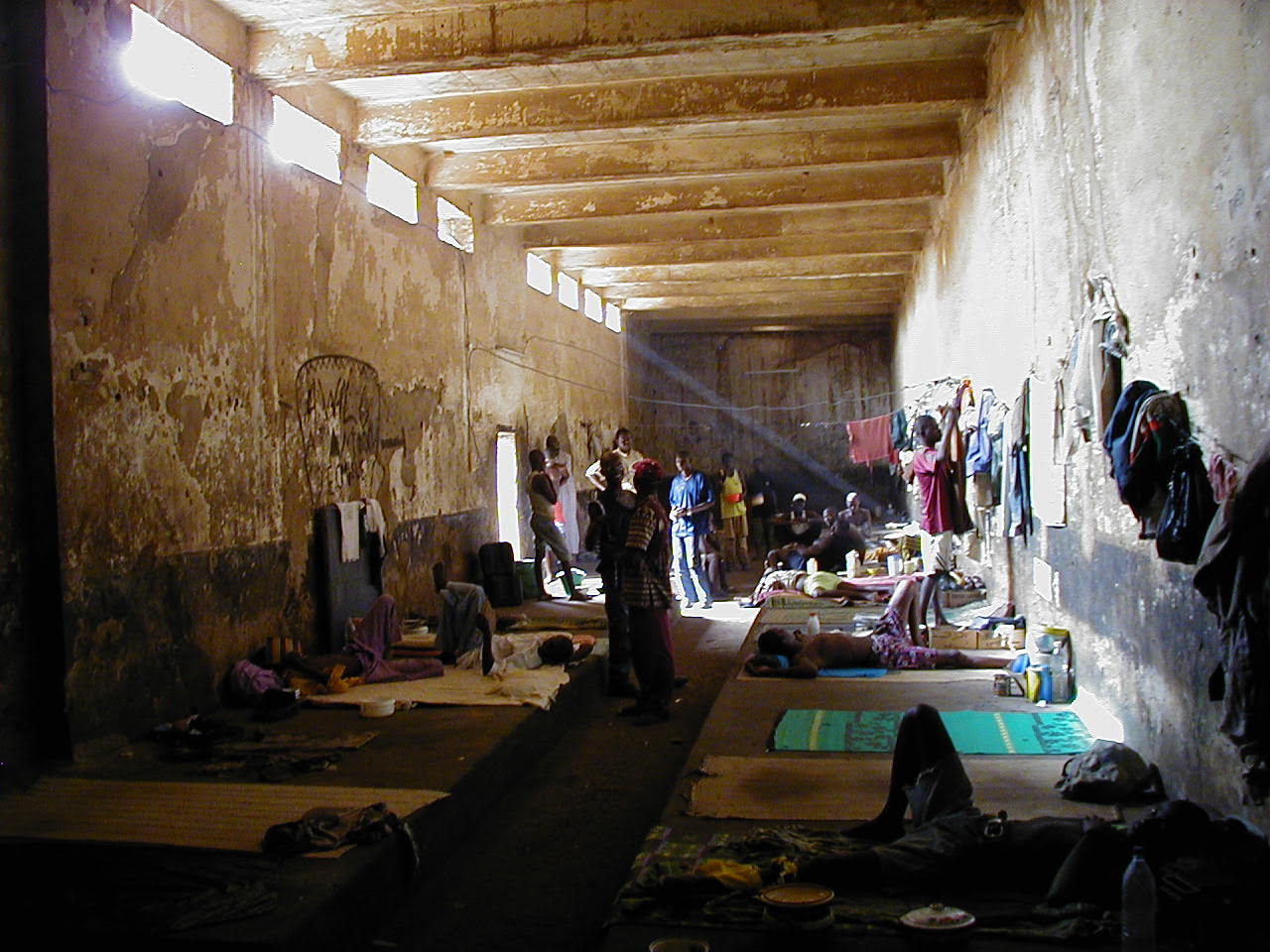- Imprimer
- Partager
- Partager sur Facebook
- Partager sur X
- Partager sur LinkedIn
Soutenance / Justice, Prison
Le 22 mars 2024
Saint-Martin-d'Hères - Domaine universitaire

Résumé du projet de thèse: Dans les prisons du Niger, l’exercice de l’autorité carcérale ne repose pas exclusivement sur l’autorité étatique. Une partie des personnes détenues, organisés selon une structure pyramidale très élaborée, gèrent la vie quotidienne carcérale, de l’allocation des chambres à la discipline dans les quartiers de détention. Si ce mécanisme reflète un exercice multi-acteurs de l’autorité, l’analyse des rapports de pouvoir entre ces super-détenus et l’administration étatique révèle que la participation des personnes détenues n’est pas le reflet de défaillances d’un Etat qui ne parviendrait pas à gouverner les personnes qu’il incarcère. Au contraire, la Garde Nationale du Niger gouverne les prisons en instrumentalisant une partie des femmes et des hommes détenus en échange de prérogatives et de privilèges étendus. Afin de conserver le contrôle, la GNN a instauré de multiples mécanismes qui contribuent à brouiller le pouvoir des super-détenus, à absorber les contestations et à prévenir les risques d’action collective. Réelle technique de gouvernement, la mobilisation des personnes détenues reflète un dispositif de contrôle stratégique orchestré par l’Etat, qui, ainsi, étend et consolide son pouvoir.
Ce dispositif basé sur la division, la surveillance, le contrôle et la coercition s’inscrit dans le cadre institutionnel plus large de la domination des militaires de la GNN au sein de l’administration centrale : alors que le ministère de la Justice est théoriquement le seul détenteur de l’autorité sur les prisons, la GNN contrôle la matière carcérale dans l’appareil d’Etat, sans aucun mécanisme de contrôle effectif, et refuse de transférer son autorité, révélant une certaine militarité de l’Etat. Les liens étroits entre les prisons, les militaires et l'exercice répressif du pouvoir prennent notamment source dans une histoire marquée par la brutalité, l'oppression et la coercition des pratiques dans le contrôle des populations incarcérées. La mise en perspective du fonctionnement des prisons coloniales et des prisons contemporaines a en effet révélé l’existence de pratiques et de réalités comparables. Au-delà, l’identification de pratiques coercitives dans les lieux de détention précoloniaux semble révéler la nature intrinsèquement oppressive et génératrice de souffrance de l’enfermement par l'État.
Résumé du projet de thèse en anglais: In Niger's prisons, the exercise of prison authority does not rest exclusively with the State. Some of the prisoners, organised in a very elaborate pyramid structure, manage daily prison life, from the allocation of rooms to discipline in the detention quarters. While this mechanism reflects a multi-actor exercise of authority, an analysis of the power balance between these super-detainees and the state administration reveals that the participation of detainees does not reflect the failings of a state that is unable to govern the people it incarcerates. On the contrary, Niger's National Guard governs the prisons by exploiting some of the men and women detained in exchange for extensive prerogatives and privileges. In order to maintain control, the GNN has put in place a number of mechanisms that help to blur the power of the super-detainees, absorb protests and prevent the risk of collective action. The mobilisation of detainees is a real governing technique, reflecting a strategic control mechanism orchestrated by the State, which thereby extends and consolidates its power.
In Niger's prisons, the exercise of prison authority does not rest exclusively with the State. Some of the prisoners, organised in a very elaborate pyramid structure, manage daily prison life, from the allocation of rooms to discipline in the detention quarters. While this mechanism reflects a multi-actor exercise of authority, an analysis of the power balance between these super-detainees and the state administration reveals that the participation of detainees does not reflect the failings of a state that is unable to govern the people it incarcerates. On the contrary, Niger's National Guard governs the prisons by exploiting some of the men and women detained in exchange for extensive prerogatives and privileges. In order to maintain control, the GNN has put in place a number of mechanisms that help to blur the power of the super-detainees, absorb protests and prevent the risk of collective action. The mobilisation of detainees is a real governing technique, reflecting a strategic control mechanism orchestrated by the State, which thereby extends and consolidates its power.
This mechanism, based on division, surveillance, control and coercion, is part of the wider institutional framework of the domination of the GNN within the central administration: while the Ministry of Justice theoretically has sole authority over the prisons, the GNN maintains control over carceral matters within the state apparatus, without any effective control mechanism, and refuses to transfer its authority, revealing a certain militarity within the state. The deep connections between the prisons, the military and the repressive exercise of power are rooted in a historical context marked by brutal, oppressive and coercive methods used to control incarcerated populations. Putting the operation of colonial prisons and contemporary prisons into perspective has indeed revealed the existence of comparable practices and realities. Beyond the colonial period, the identification of coercive practices in pre-colonial places of detention seems to reveal the intrinsically oppressive and suffering-generating nature of state-imposed incarceration.
Date
Salle Domenach, à 13h30
Localisation
Saint-Martin-d'Hères - Domaine universitaire
Sciences Po Grenoble
38400 Saint-Martin-d'Hères
- Imprimer
- Partager
- Partager sur Facebook
- Partager sur X
- Partager sur LinkedIn